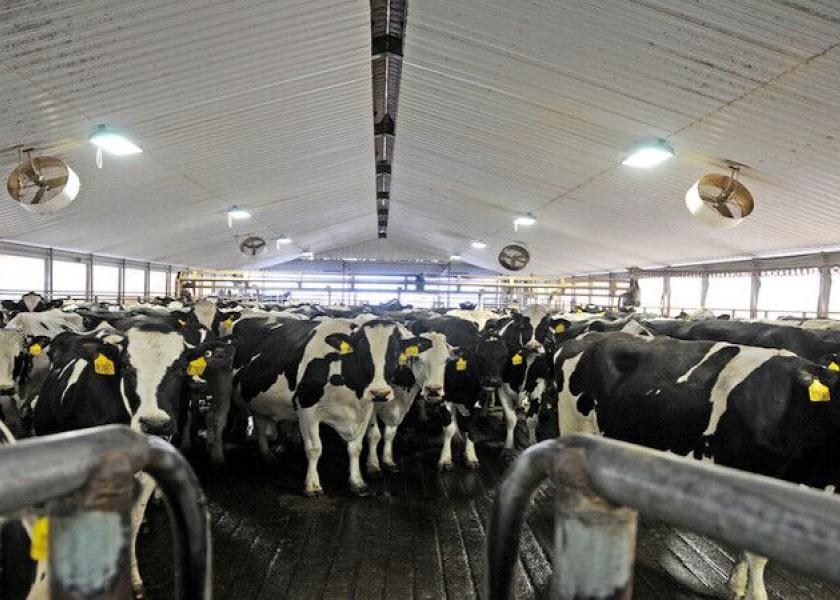Sire Evaluations for Feed Efficiency To Be Released in 2020

The Council on Dairy Cattle Breeding (CDCB) expects sire evaluations for cow feed efficiency will be ready for release in 2020.
“There is tremendous potential to improve feed efficiency through genomics and genetic selection,” says João Dürr, Chief Executive Officer of CDCB. “There is great promise for dairy producers to produce milk more efficiently through decreased feed costs. Importantly, genetic selection for feed efficiency is another tool to reduce the carbon, or greenhouse gas, footprint of dairy production, helping meet customer and public expectations.”
The genomic evaluations are likely to be described as residual feed intake (RFI), and the new trait will be incorporated into Net Merit and other CDCB indexes, says Dürr.
“Our goal is to increase the efficiency and sustainability of producing milk, as feed for dairy cows requires millions of acres of cropland and represents half of total costs on dairy farms,” says Michael VandeHaar, a Michigan State University researcher who is leading the effort. The University of Wisconsin, Iowa State, the University of Florida and USDA’s Animal Genomics Improvement Laboratory are all collaborating on the effort.
Research has shown that feed intake is partly controlled by genetics. For example, the top 20% of cows for relative feed intake need six percent less feed to produce the same amount of milk while remaining healthy as the bottom 20%. This difference has profound effects on the amount of land and effort needed to grow, harvest, store and manage feed.
New research will collect data on methane emissions and metabolic data to evaluate whether genetic predictions can be used to decrease methane emissions.







